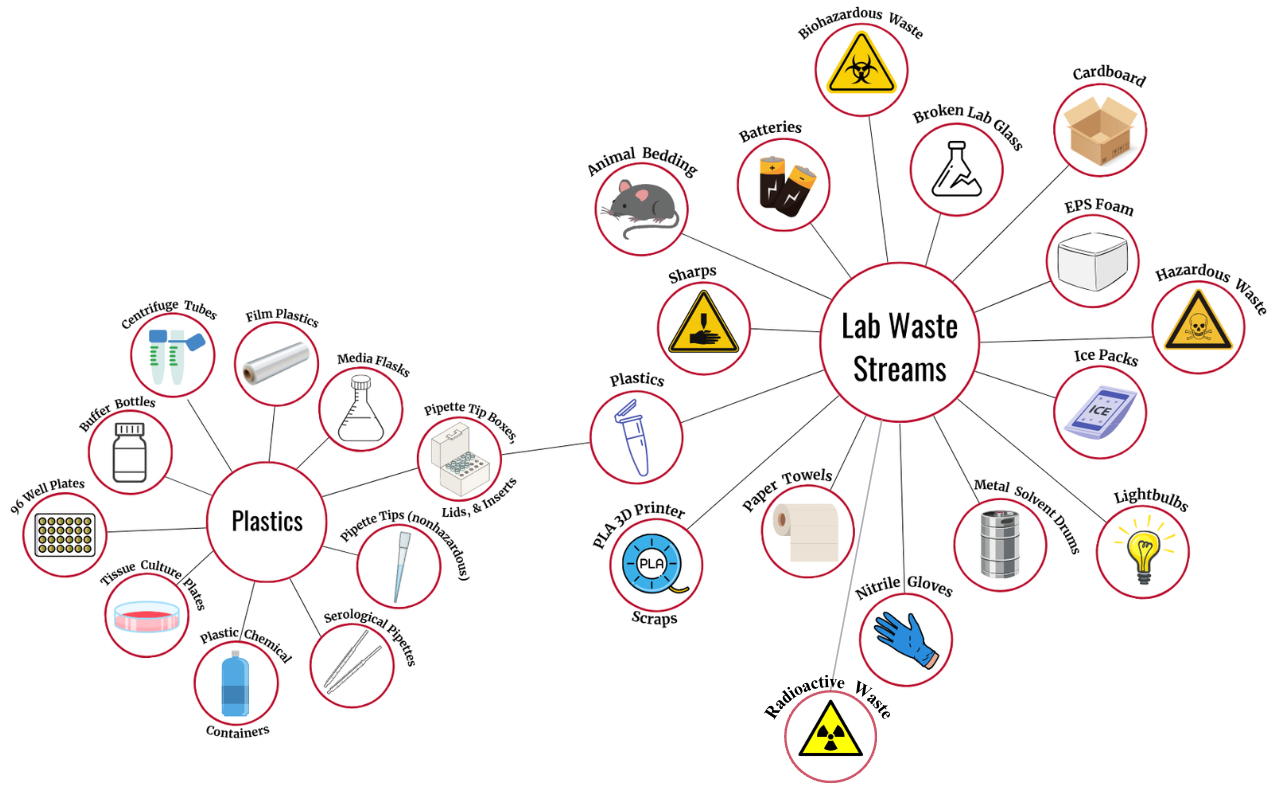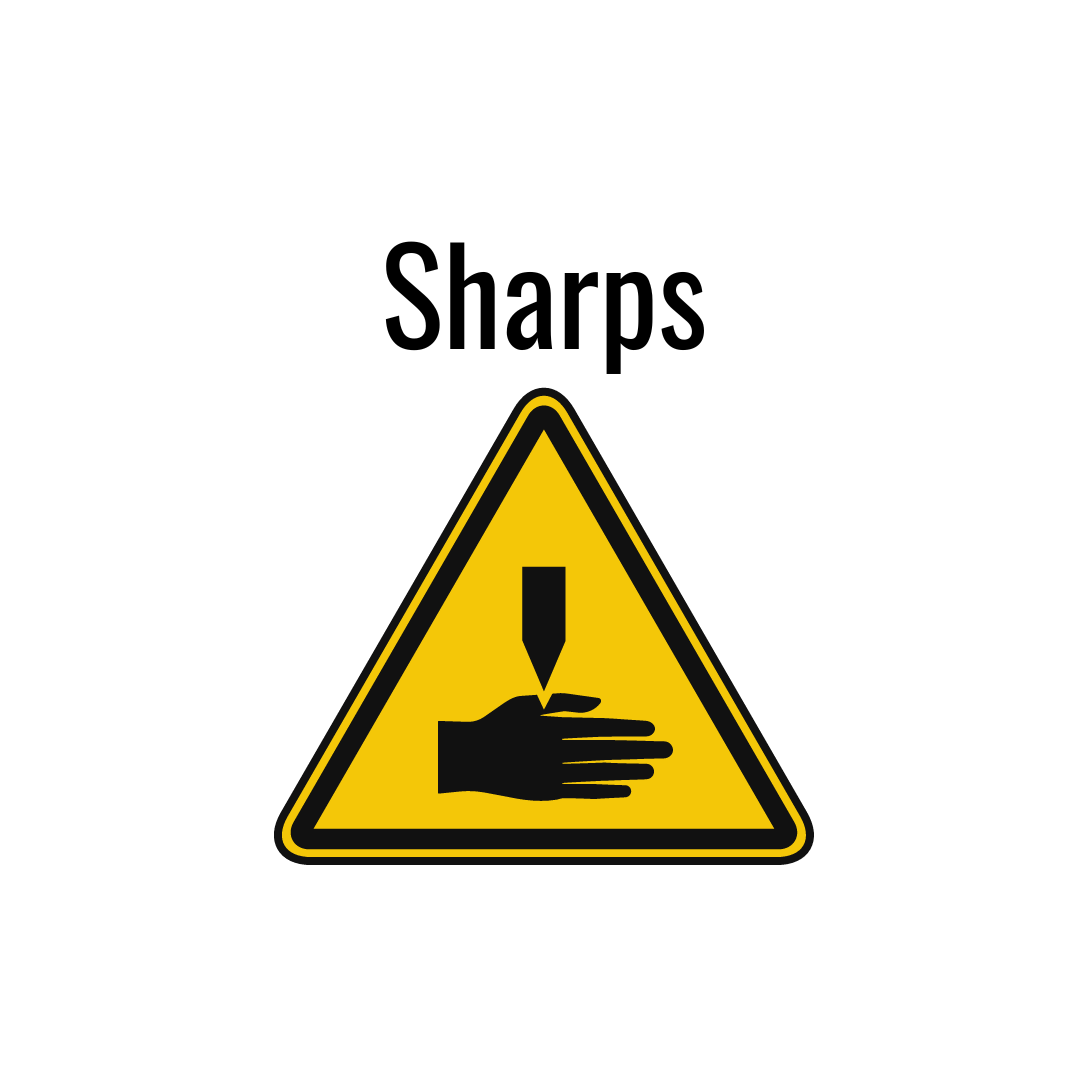
Animal bedding is a major waste stream for our campus vivaria and has historically
been disposed of via landfill. Unfortunately, when deposited in a landfill, compostable
organic items produce the greenhouse gas methane, which is harmful to the environment
and contributes to climate change. Thus, it was decided to follow in the footsteps
of UGA Dining Halls and compost this organic material at the UGA Bioconversion Facility.
Animal bedding from select campus vivaria composts at this facility, where it breaks
down into nutrient-dense soil to be used in UGA’s award-winning campus landscaping.
It’s a win-win; we divert this material from the landfill, avoid contributing to climate
change, and nourish our soil and campus landscaping.
Bedding must be from non-treatment animals and must be collected in compostable bags
only. Bedding placed in trash bags will be landfilled. High volume generators may be eligible to use a bagless system.
If your animal research facility would like to get involved in this program, please
reach out to greenlab@uga.edu.
|
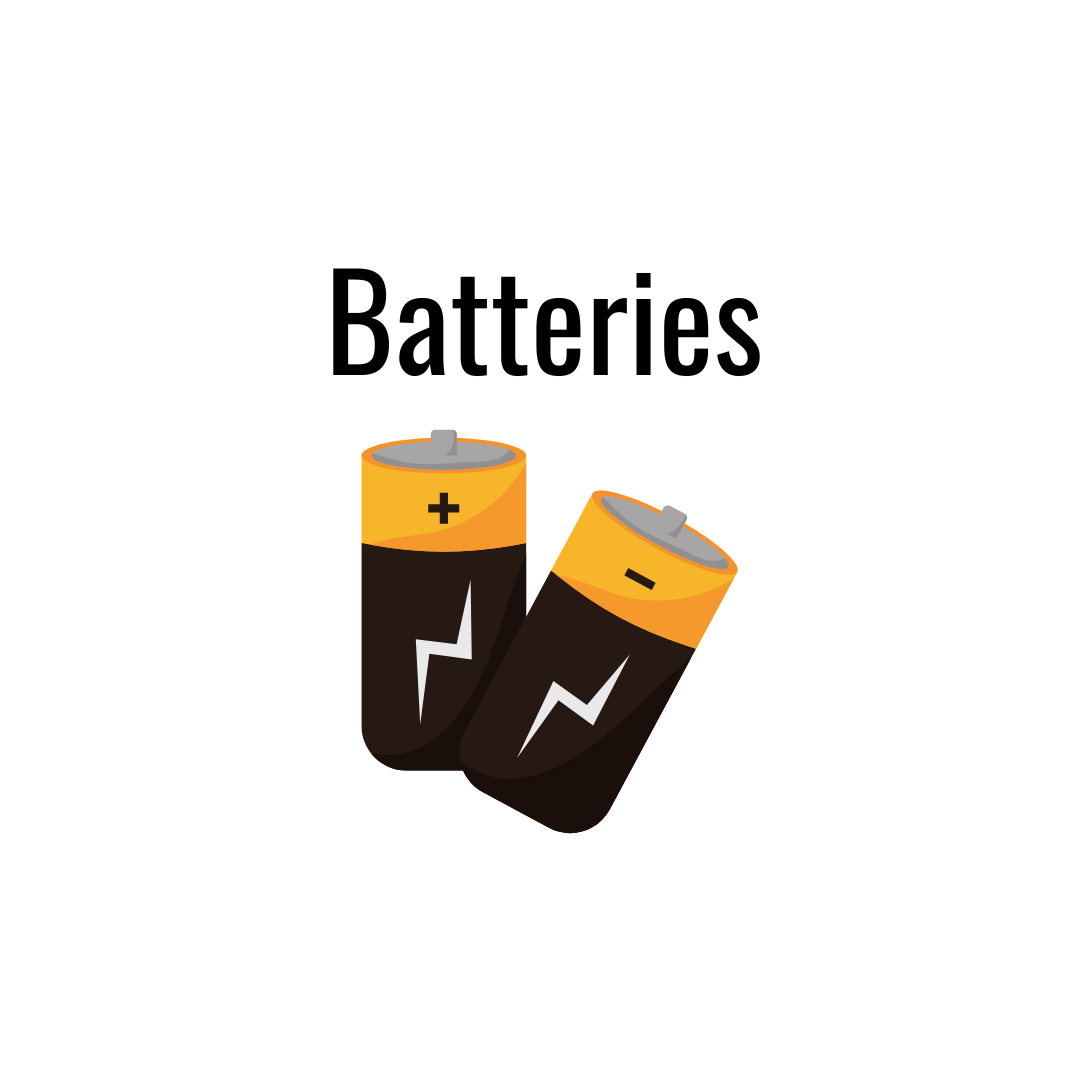
Battery waste on campus is managed by the Environmental Safety Division. Battery Recycling Station locations can be found here. Nickel-cadmium batteries are part of UGA’s Universal Waste program and must be disposed of accordingly.
For questions or assistance with battery disposal on campus, please contact the Environmental Safety Division at 706-542-5801.
|
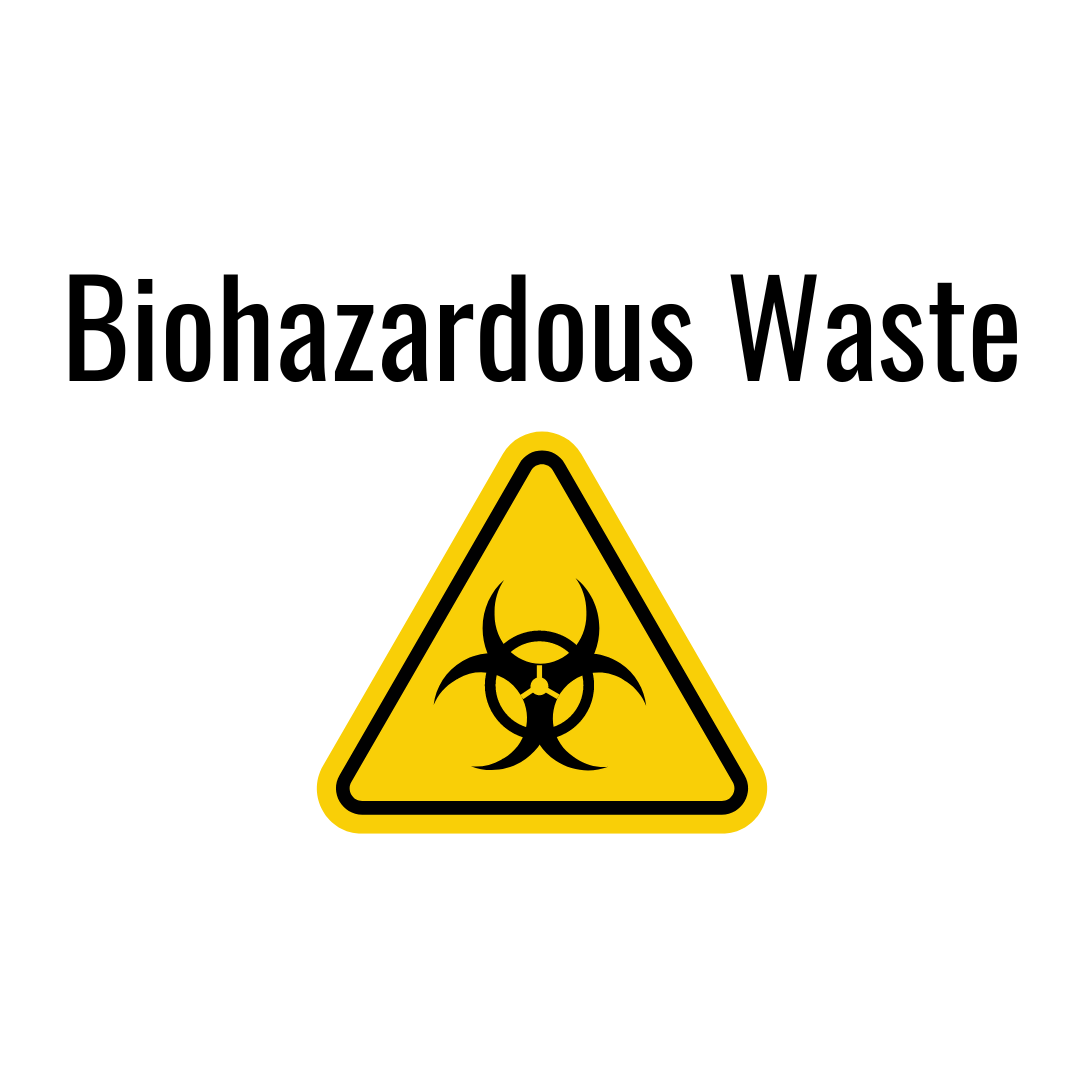
The Office of Biosafety oversees the use of all biohazardous materials on campus and
can provide support for any biosafety need, including disposal. If your lab’s waste
streams are required to be placed in biological red bags, they are not eligible for
Green Labs waste diversion initiatives.
For questions or assistance with your biosafety needs, please contact the UGA Office of Biosafety.
|
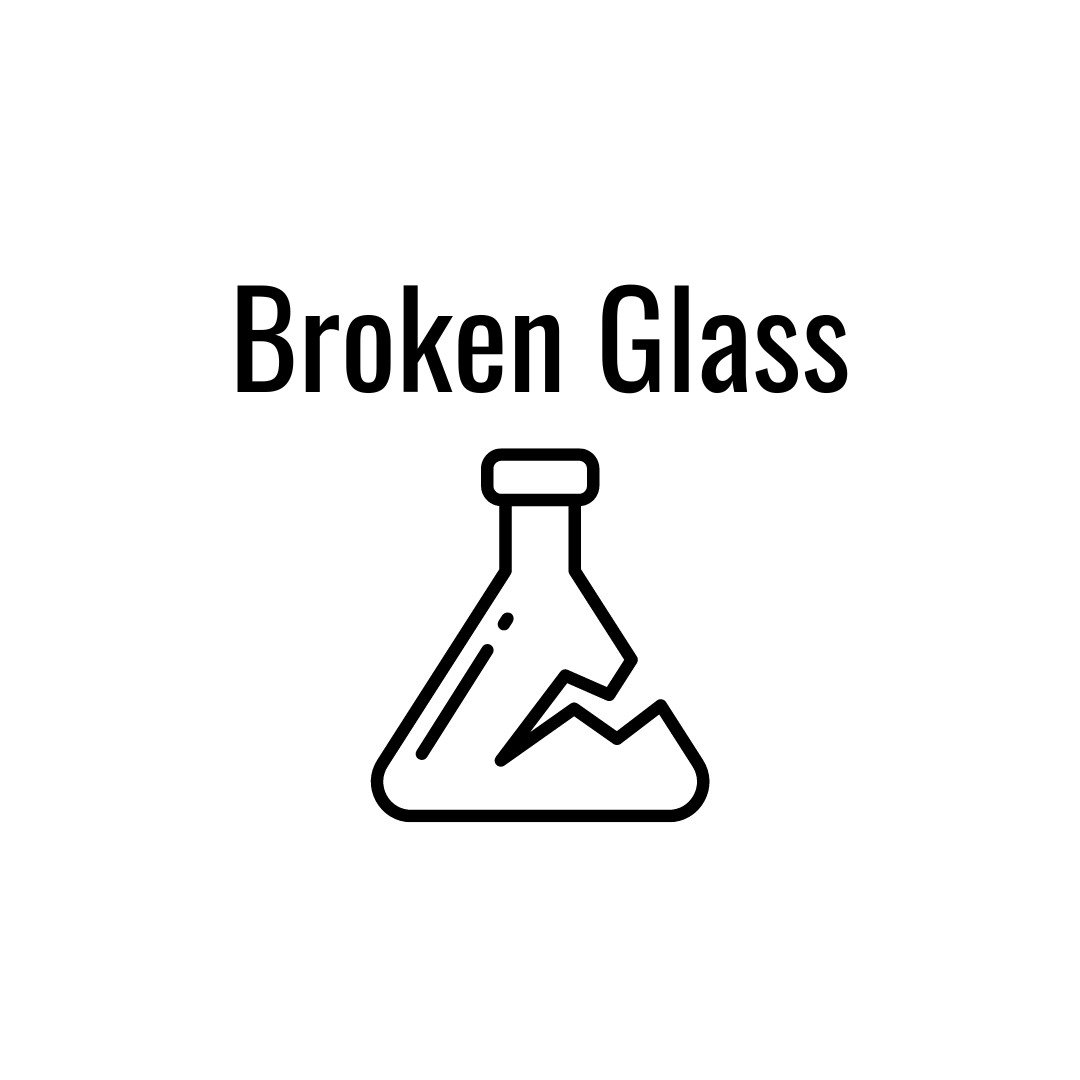
Non-hazardous laboratory glass must be placed in a Glass Disposal Box lined with a
strong plastic bag. Prior to transport, the container must be securely sealed, labeled
“Broken Glass”, and taken to the dumpster by laboratory personnel when it is full.
Do not overfill this container. BSWs do not handle Glass Disposal Boxes. More information
about this process can be found in the Sharps, Glassware and Pointed Plastic Disposal Policy. (PDF)
For questions about managing broken lab glass in your lab, please contact the Office of Research Integrity and Safety at 706-542-9088.
|
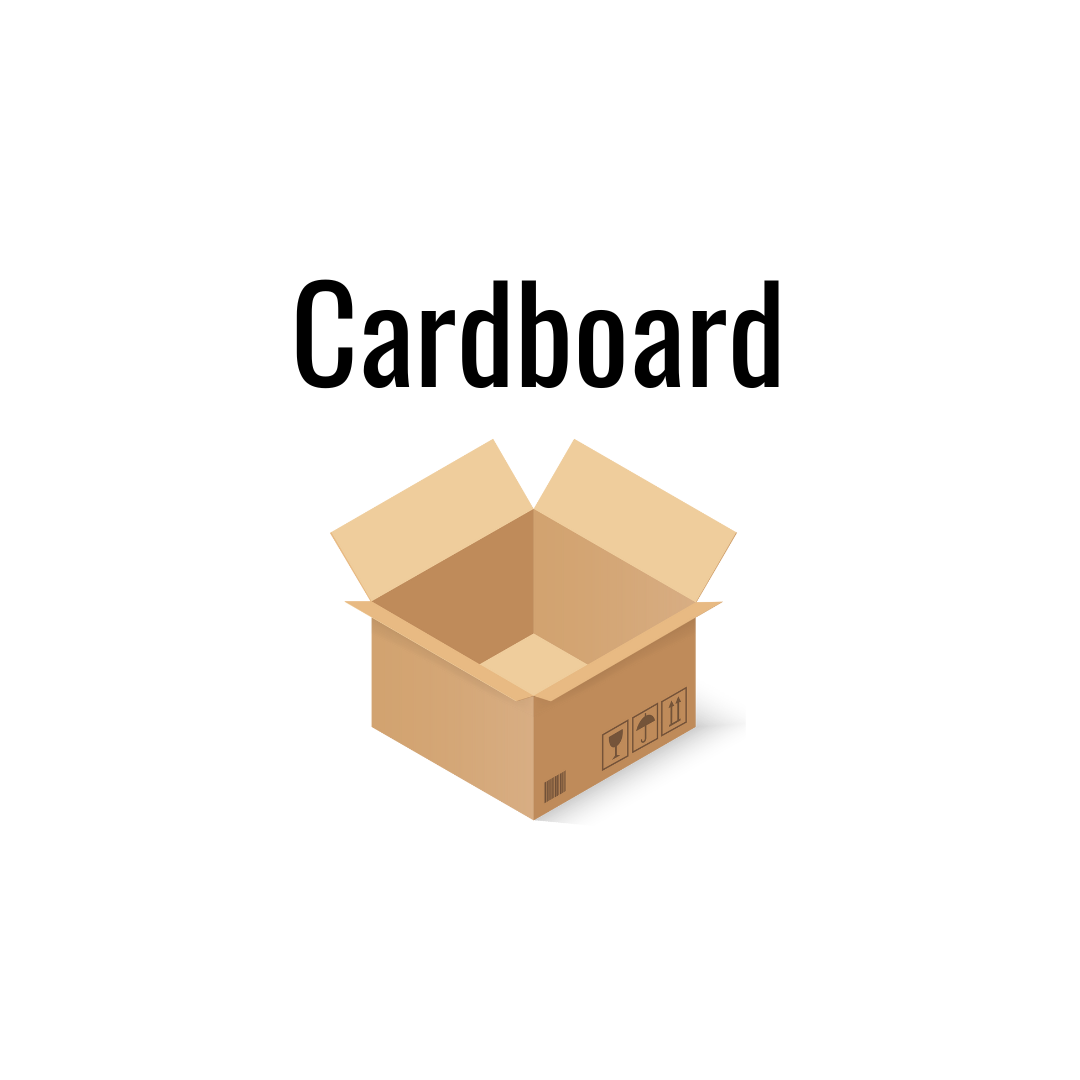
Cardboard recycling is offered in most campus buildings. Contact your Building Services
Supervisor with questions about the process for your building.Users are expected to flatten and stack boxes prior to collection.
|
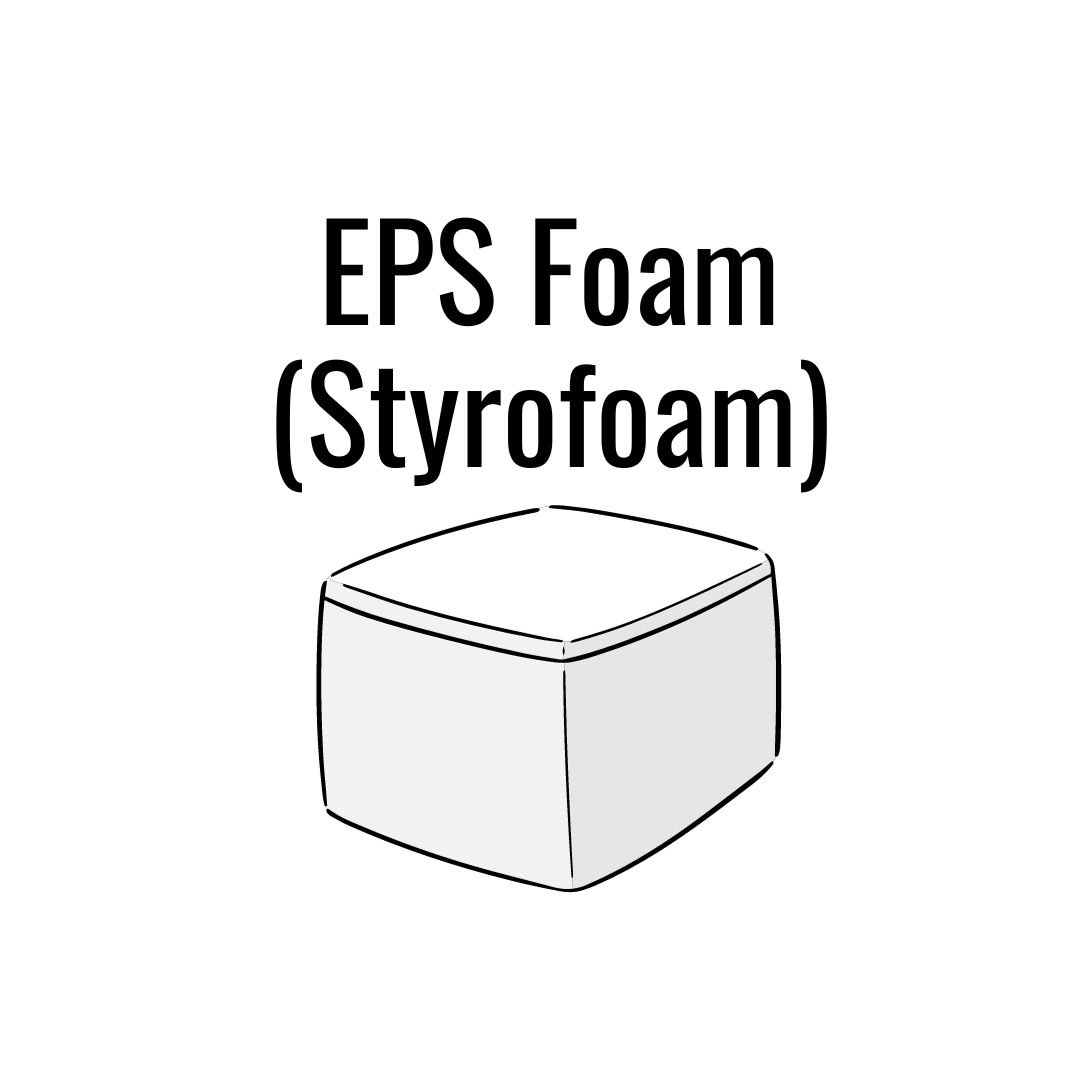
Expanded Polystyrene foam or Styrofoam that is clean and free of tape and other materials
is recycled at the CHaRM. Athens Clarke-County has more detailed guidelines here.
If you regularly receive shipments containing polystyrene packaging, consider reaching
out to the supplier to tell them you would prefer that they switch to an alternative
packing material.
UGA Facilities Management Division provides recycling removal service for #6 polystyrene
(a.k.a. Styrofoam) for participating UGA Athens departments that opt into this program.
Participants are responsible for material collection, preventing contamination, and
requesting removal. To opt-in, contact your Building Services Supervisor and notify
them that your department plans to begin Styrofoam collection and will be requesting
their support to coordinate removal. Additional program details are described here: UGA FMD Polystyrene Collection Program (PDF)
Coolers must have all tape and mailing labels removed. Only white foam is accepted.
Grey and black foam must be landfilled.
|
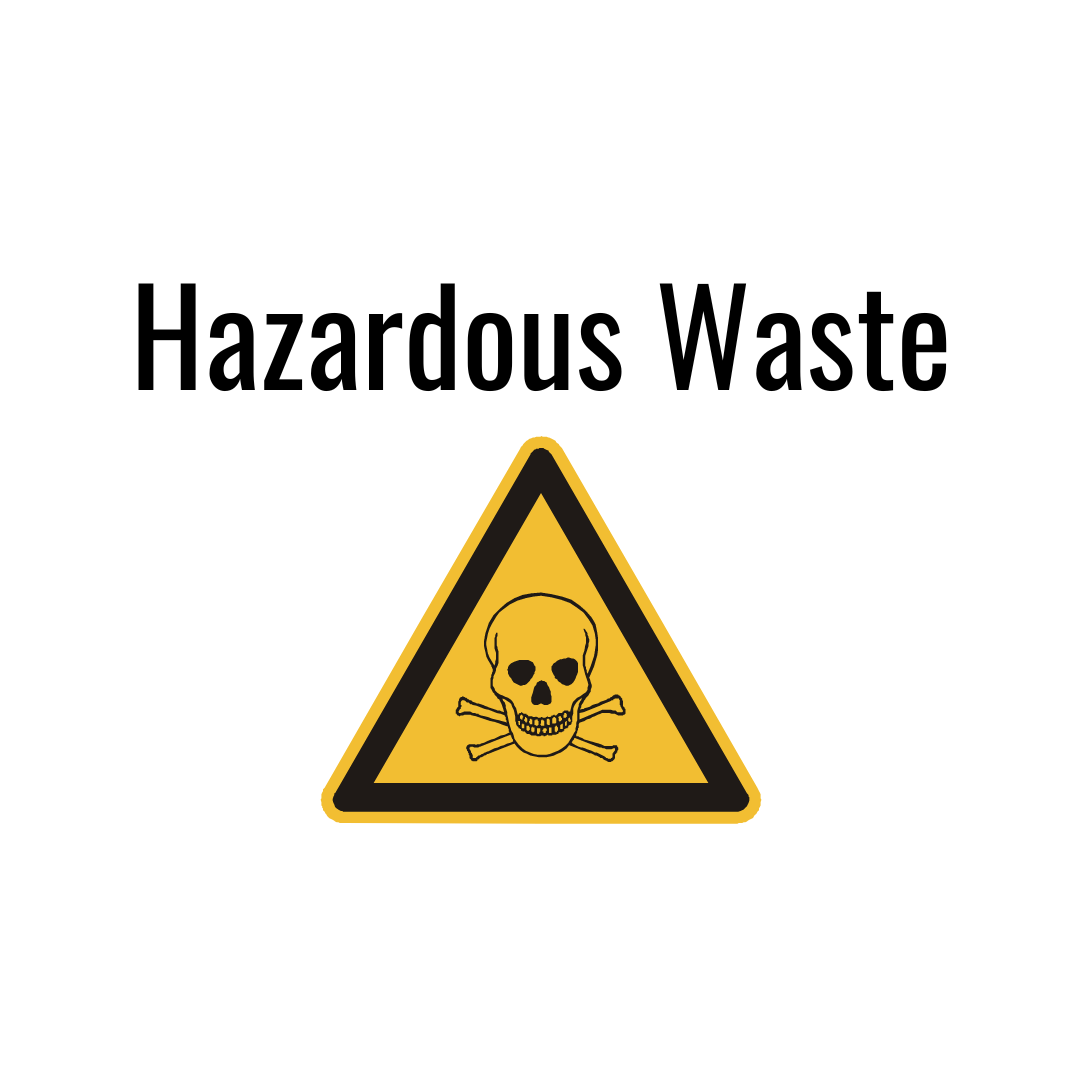
The Environmental Safety Division manages all hazardous waste on UGA campus. For labs
generating high volumes of hazardous waste, the Green Labs program recommends micro-scaling
your experiments, investing in a solvent recycler and/or embracing Green Chemistry
techniques. All of these actions reduce the volume of hazardous waste generated, saving the institution
money and reducing negative impacts on the planet and communities where hazardous
waste is disposed.
For questions about hazardous waste management and disposal, please contact the Environmental Safety Division at 706-542-5801.
|

UGA labs receive hundreds of icepacks each month, most of which come from scientific
distributors along with items ordered by laboratory personnel. In this aspect, UGA researchers are not the users of these hard-to-recycle items,
yet are burdened with the handling and disposal of them. The Green Labs program strives
to divert clean, intact ice packs from the landfill by partnering with local community
organizations and non-profits who can reuse and repurpose the packs.
Labs who wish to participate in this program must lay icepacks flat to defrost and
completely dry. Once defrosted and dry, ice packs can be collected in a tote or durable
cardboard box and brought to the Chicopee warehouse. Please note: Transportation for this waste stream is not yet provided by the institution
and participating labs must transport these materials directly.
For questions about diverting ice packs, please contact the Green Labs program at
greenlab@uga.edu.
|
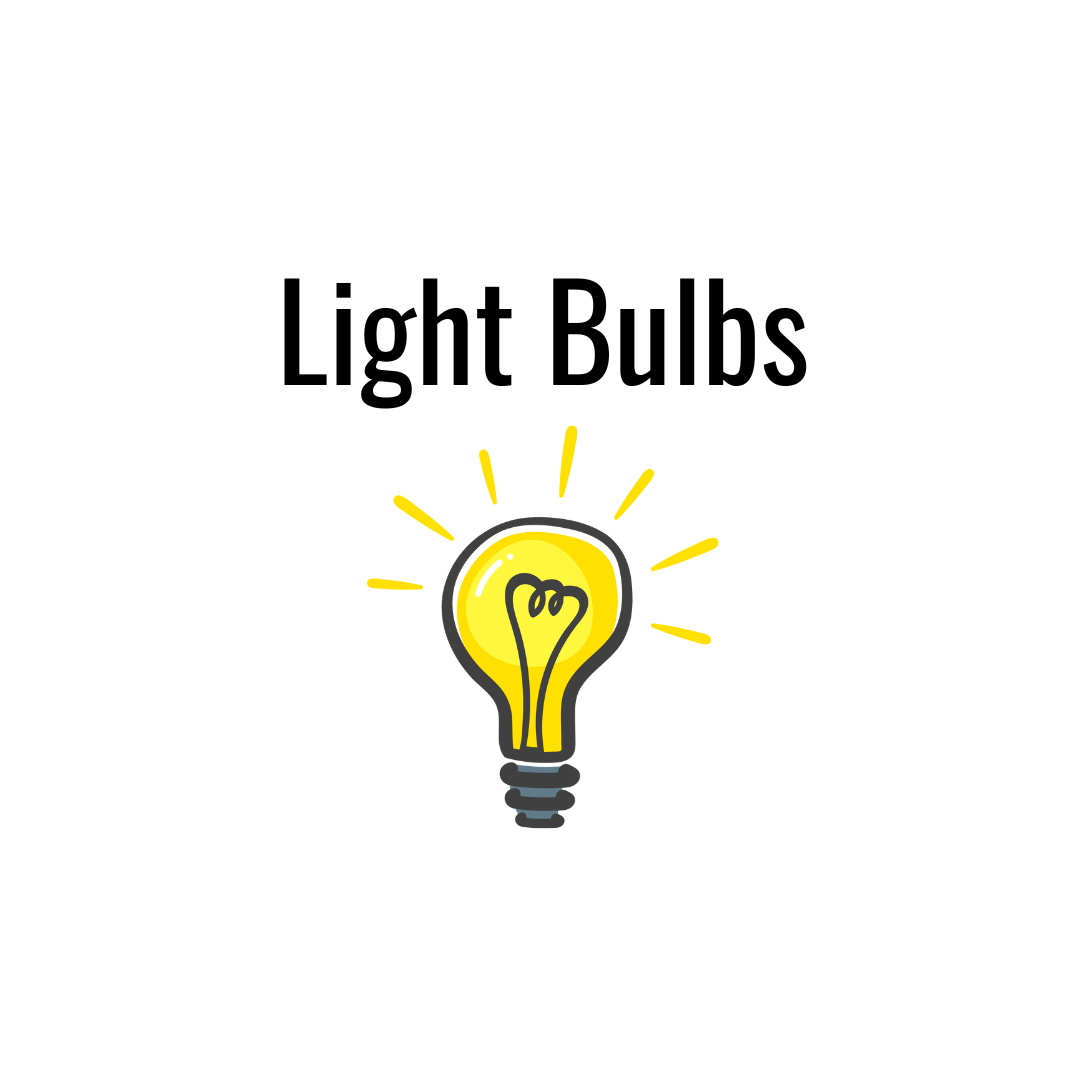
Compact fluorescent lamps (CFLs) and light bulbs are managed by the Environmental
Safety Division as part of the Universal Waste program.
For assistance with disposing bulbs and lamps on campus, please contact the Environmental Safety Division at 706-542-5801.
|
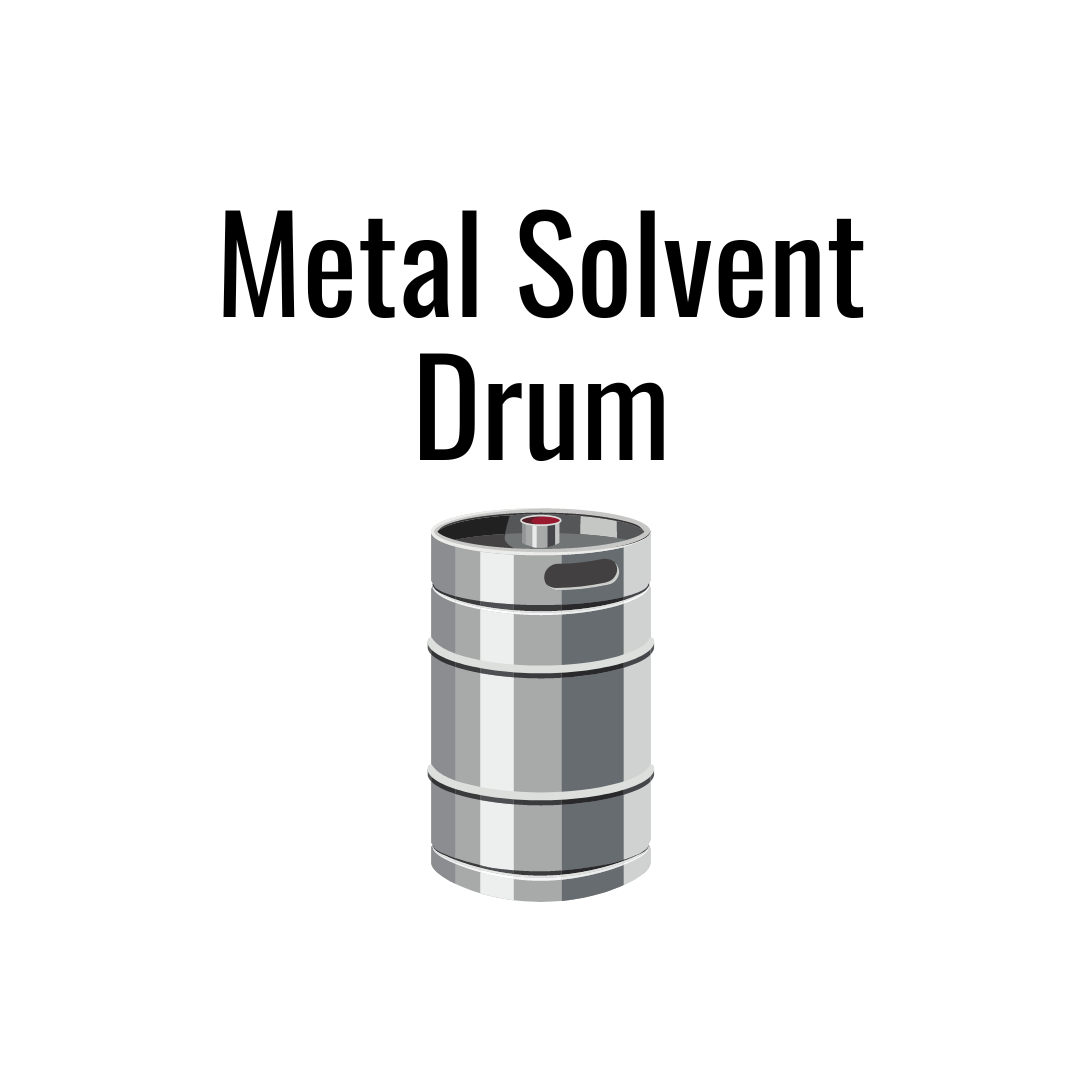
NO LAB ITEMS CAN BE PLACED IN THE SINGLE STREAM RECYCLING
A pilot program is currently underway on UGA’s main campus to recycle metal solvent
cans, such as the 20-liter blue or silver cans containing methanol and xylene. This pilot is currently active in one building and will be expanded after the trial
period to include other campus locations.
It is of utmost importance that pilot participants follow the guidelines for diverting
these cans, as failure to do so can result in the rejection of the program and/or
hazardous waste violations.
- Plastic lids must be removed.
- Labels must be defaced and the word, “empty” must be written on it. Any cans lacking
the word “empty” will not be picked up.
- Residual solvents must be vented from empty cans in a fume hood.
- Cans must not have been used with any chemical other than what is on the label.
- Labs are responsible for taking empty, defaced cans to the building collection site.
If your lab generates a high volume of metal solvent cans, please reach out to the
Green Labs program at greenlab@uga.edu to request your building be prioritized on the program expansion list. Additionally,
a solvent recycler may be more appropriate to meet your research needs, while also
reducing waste generated in your lab. Please reach out for more information.
|

Currently, the UGA Green Labs program does not engage in any nitrile glove recycling
programs. These programs require researchers to pay to ship their used gloves states
away, thus increasing their carbon footprint, and are often “downcycled”.
An MIT cradle-to-grave study on end-of-life scenarios for nitrile gloves demonstrated
that unless nitrile gloves are being incinerated at Waste to Energy plants, they actually
have a lower Global Warming Potential when landfilled. Thus, our program does not
currently support efforts for nitrile glove recycling on campus. We are always eager to divert waste from our campus laboratory waste streams and will
continue to monitor and review these programs.
For questions about nitrile gloves recycling, please contact the UGA Green Labs program
at greenlab@uga.edu.
|

Paper towels are a primary waste stream in the majority of UGA research laboratories. Successful models exist demonstrating the value of composting paper towels from higher
education institutions. For example, the University of Colorado Boulder has been successfully composting their paper towels for years, including those from
research labs.
Though UGA does not currently offer the diversion of this waste stream, we hope to
add this to our campus composting efforts in the future and avoid sending these materials
to the landfill.
If your lab would like to assist in the development of a laboratory paper towel composting
program or participate in a campus pilot program, please email greenlab@uga.edu.
|
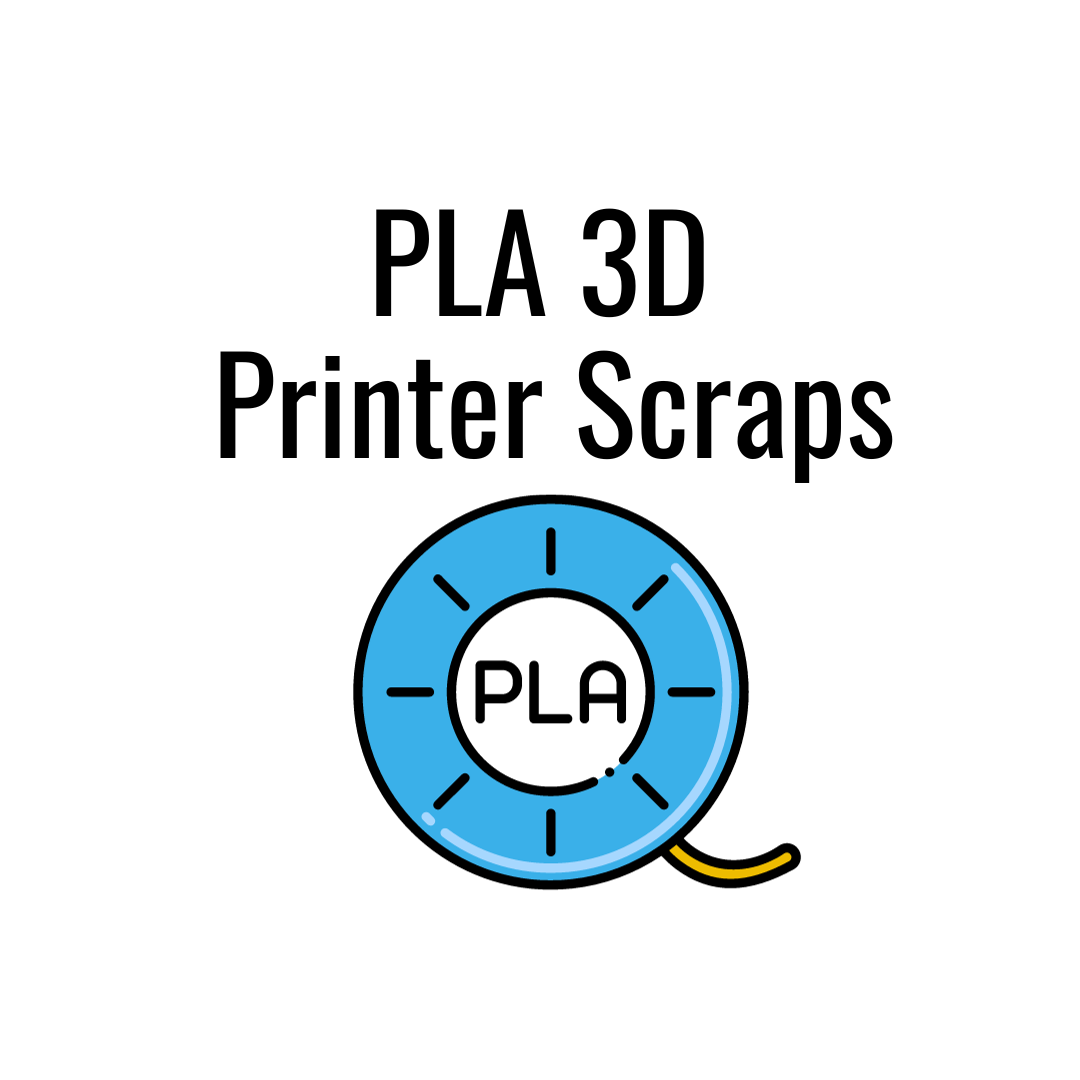
PLA (polylactic acid) printing filament scraps from 3D printers on UGA campus can
now be composted via a partnership with Athens Clarke County Commercial Composting Facility.
PLA is different from petroleum-based plastics, as it is derived from renewable resources,
such as corn starch, and is often referred to as a “bioplastic.” The unique nature
of this material allows it to be diverted from landfills and composted instead.
UGA Facilities Management Division provides composting removal service for PLA printing
filament scraps associated with our campus Makerspaces and other campus areas with
3D printers. Participants are responsible for material collection, preventing contamination,
and requesting removal. To opt-in, contact your Building Services Supervisor and notify
them that your department plans to begin PLA scrap collection and will be requesting
their support to coordinate removal.
Please note: it is of utmost importance that only PLA printing filament scraps are included in this collection and kept free of other
types of 3D printer filament.
Additional program details are described here: UGA FMD PLA Filament Scraps Composting Program
|
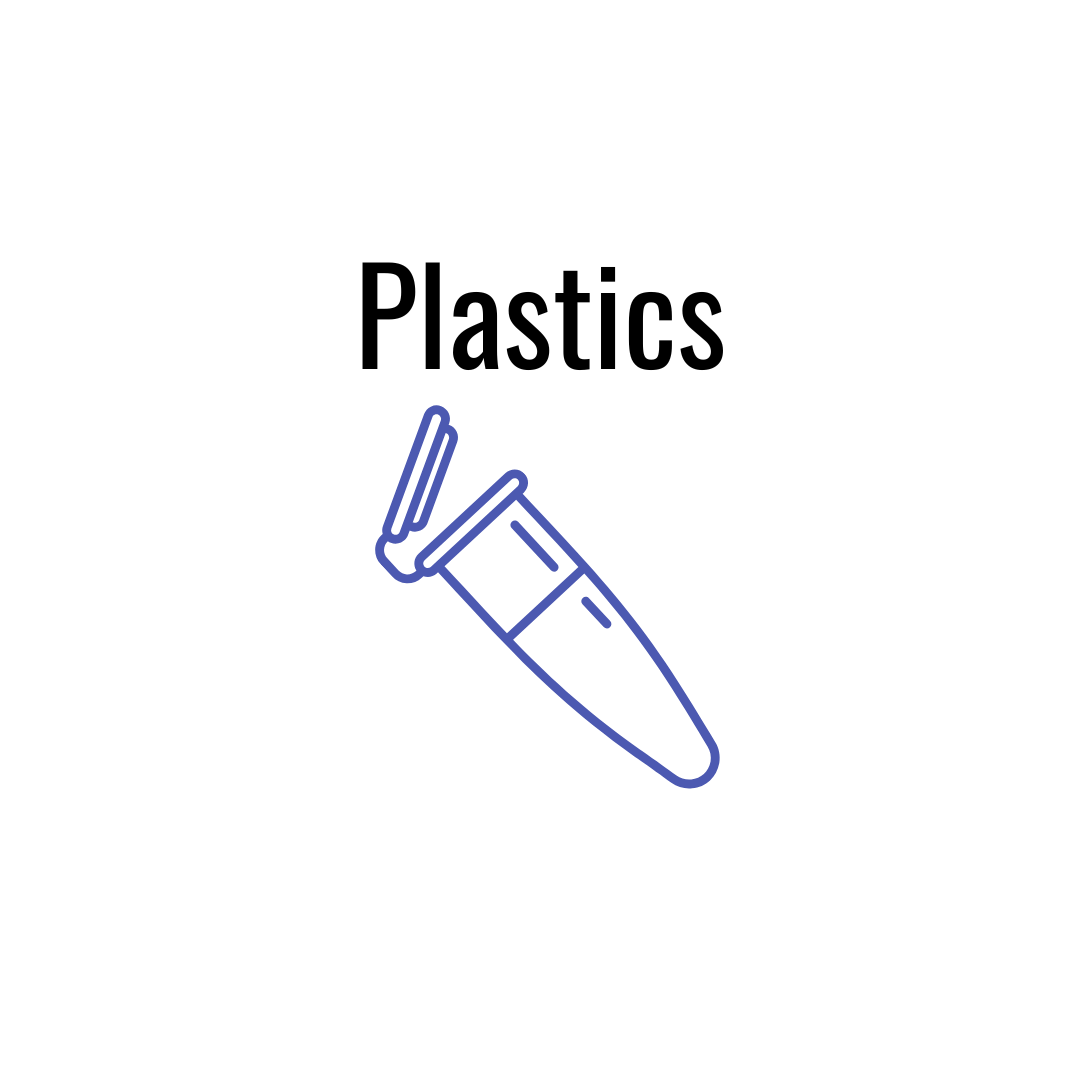
We use a lot of single-use plastics in research—Urbina et al estimated in Nature (2015) that biosciences are responsible for over 5.5 M metric tons of plastic waste
annually. Experts believe this number is likely much higher today considering the increase in
our use of plastics.
The UGA Green Labs program, in partnership with Waste Reduction Services, strives to divert these materials from the landfill and is currently building and
expanding campus laboratory recycling efforts. See the Plastic Lab Waste Streams section below for the current state of recycling
for each item.
An institutionalized laboratory recycling pilot is currently underway on campus and
will be expanded to include other buildings after the trial period is successfully
completed.
Read the Laboratory Recycling Opportunities and Guidelines section located in the
Waste Diversion menu below to learn more about lab recycling on campus.
Please note: NO lab items can be placed in the single-stream recycling on UGA campus.
|
|
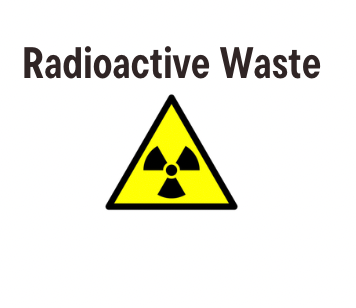
The UGA Radiation Safety program oversees the use of all radiological materials on
campus and provides service and assistance to researchers using ionizing radiation
in their operations. The Radiation Safety Manual outlines prudent laboratory practices, university policies, and regulatory requirements
for working safely in laboratories with radioactive materials and radiation-producing
equipment at UGA facilities.
Lab materials in contact with radiologicals are not eligible for Green Labs waste
diversion initiatives.
For questions or assistance with your radiation safety needs, please contact the Office
of Research Safety at 706-542-5288 or via email at bherndon@uga.edu.
|
|
|
|
|
